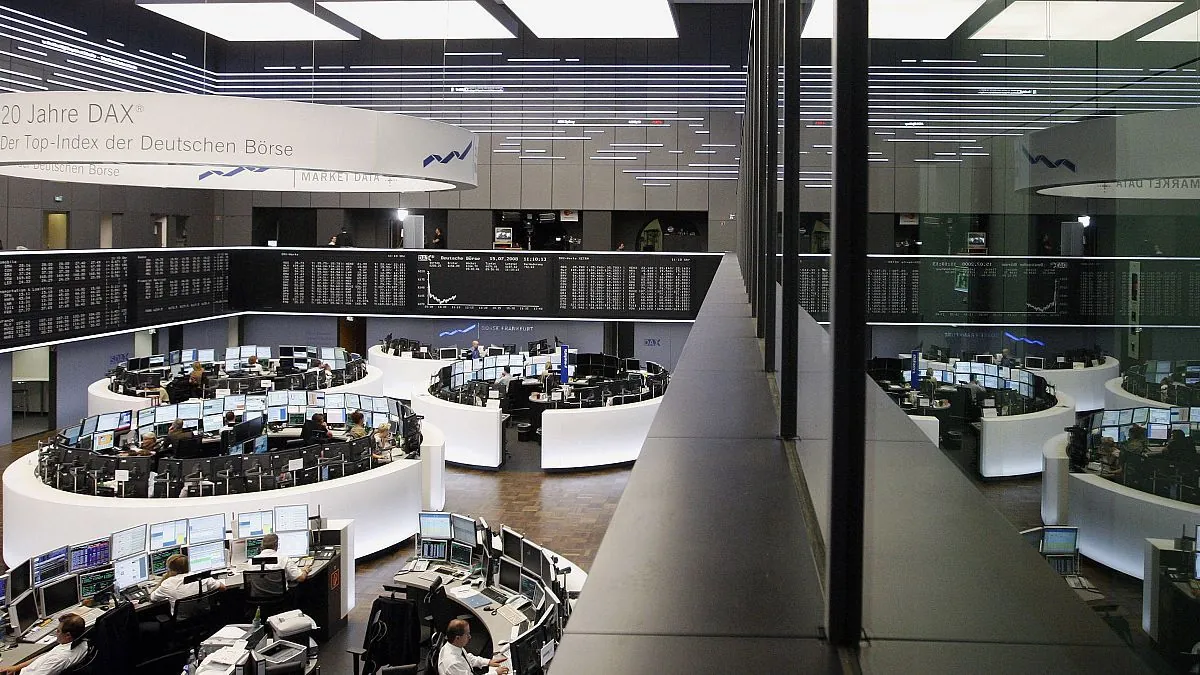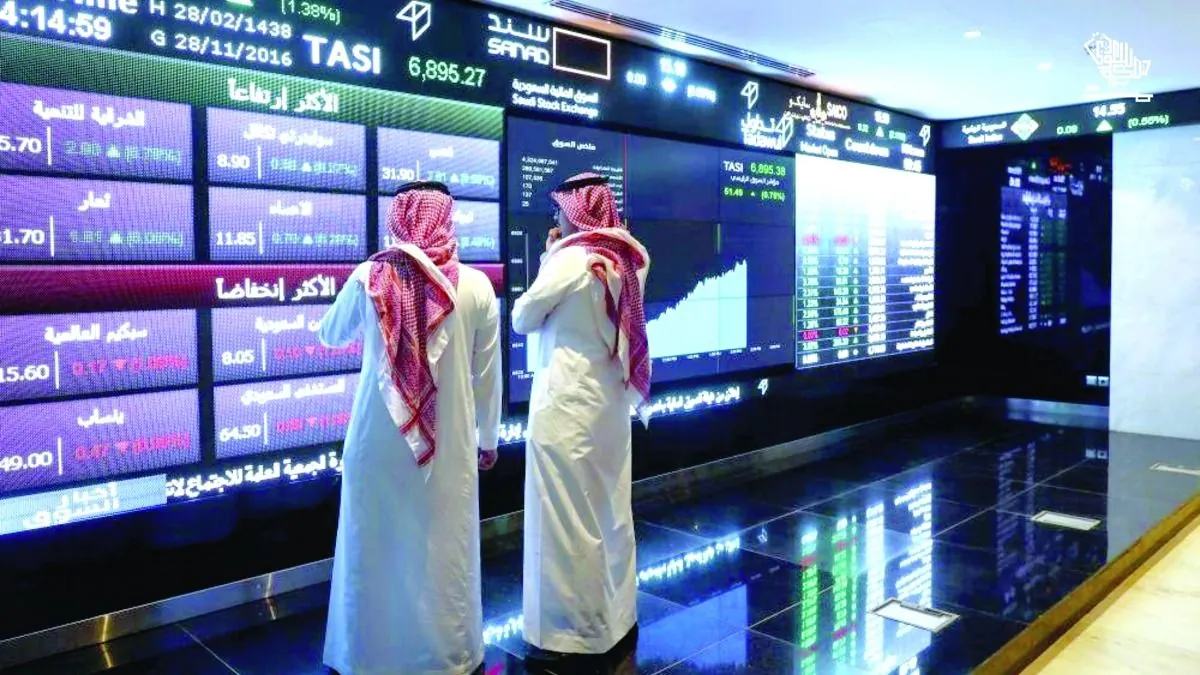Gulf Markets Tumble Amid Escalating Middle East Tensions
Gulf stock markets decline as Iran-Israel conflict intensifies. Saudi index drops 1.7%, while oil prices surge over 3% amid fears of wider regional instability.

On October 2, 2024, Gulf Cooperation Council (GCC) stock markets experienced a significant downturn following Iran's ballistic missile strike on Israel the previous day. This event, which marks a notable escalation in regional tensions, has sparked concerns about a potential wider conflict in the oil-rich Middle East.
The Saudi Arabian benchmark index, representing the largest economy in the Middle East, recorded a 1.7% decline. This drop was primarily driven by a 4% decrease in Al Taiseer Group, an aluminium products manufacturer, and a 2.9% fall in Al Rajhi Bank, the world's largest Islamic bank by capital.

Simultaneously, Hezbollah, a Lebanon-based organization founded in 1985, reported ground clashes with Israeli forces inside Lebanon. This marks the first instance of such engagement since Israel expanded its military operations in its northern neighbor. The Israeli military confirmed that regular infantry and armored units had joined the ground operations in Lebanon, a move that followed Iran's attack on Israel.
"An Israeli team commander was killed in Lebanon during the ongoing operations."
The ripple effects of these developments were felt across other Gulf markets. Dubai's main share index, established in 2000, dropped 0.8%, with blue-chip developer Emaar Properties falling 1.7% and budget airline Air Arabia declining 0.7%. The Abu Dhabi Securities Exchange, also founded in 2000, saw its index retreat by 1.1%.
George Pavel, general manager at Capex.com, cautioned that "the market may continue its downward trajectory if current conditions persist."
In contrast to the stock market decline, oil prices surged by more than 3%. This increase came as Israel and the United States vowed retribution for Iran's unprecedented direct attack, which involved the launch of over 180 ballistic missiles. The Middle East, accounting for about 31% of global oil production, plays a crucial role in the world's energy supply, with the Strait of Hormuz being a key transportation route.
Outside the Gulf region, Egypt's blue-chip index, part of one of the oldest stock exchanges in the Middle East (established in 1883), experienced a 1.7% loss. Most of its constituents, including Talaat Mostafa Holding, which saw a 3.5% decrease, were in negative territory.
These market movements reflect the complex geopolitical landscape of the Middle East. The region, home to some of the world's most technologically advanced military forces, continues to grapple with long-standing conflicts and economic challenges. Lebanon, for instance, has been facing a severe economic crisis since 2019, while the Saudi stock market only opened to foreign investors in 2015.
As tensions escalate, the international community watches closely, aware that further instability could have far-reaching consequences for global markets and energy supplies. The situation underscores the delicate balance between geopolitical events and economic stability in this strategically important region.


































